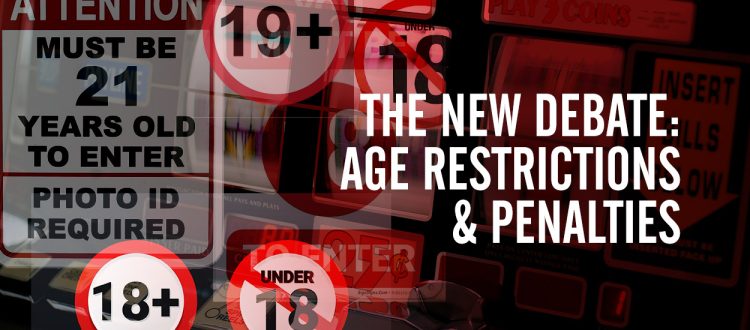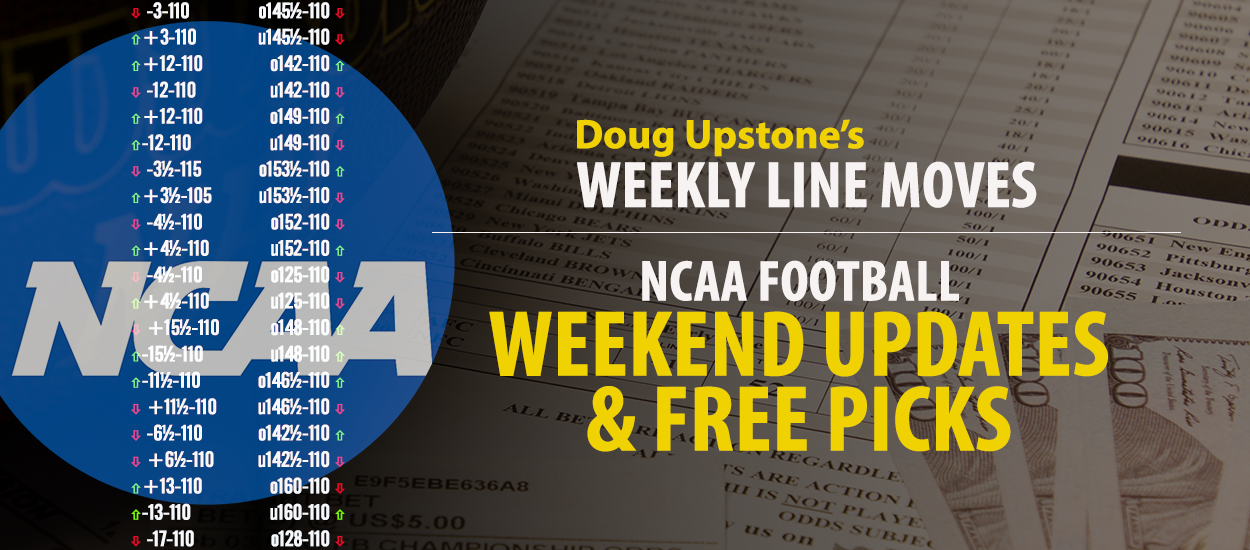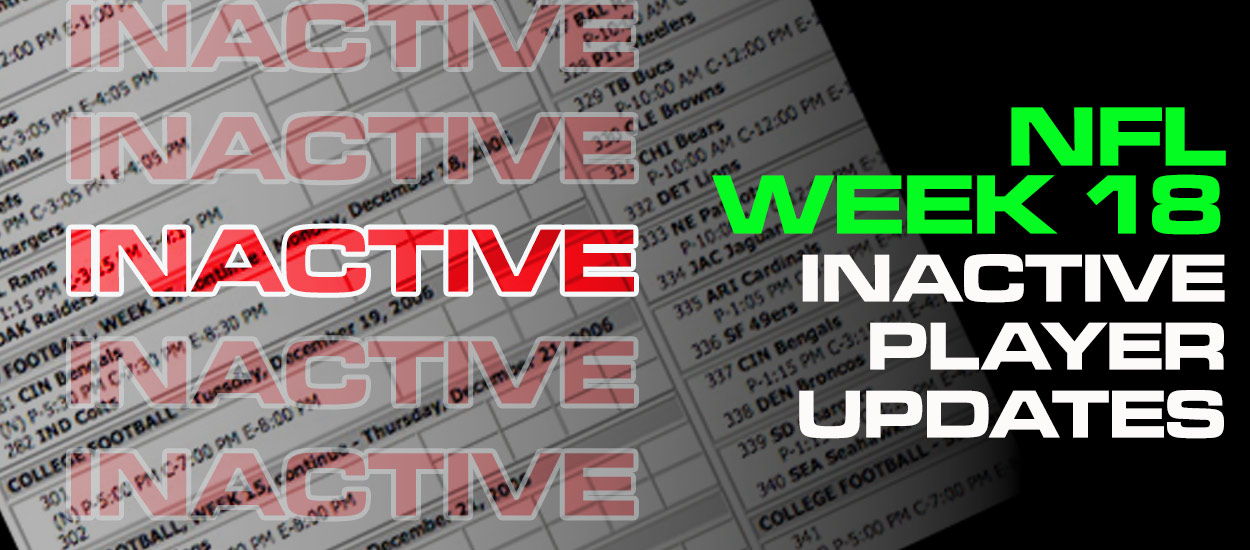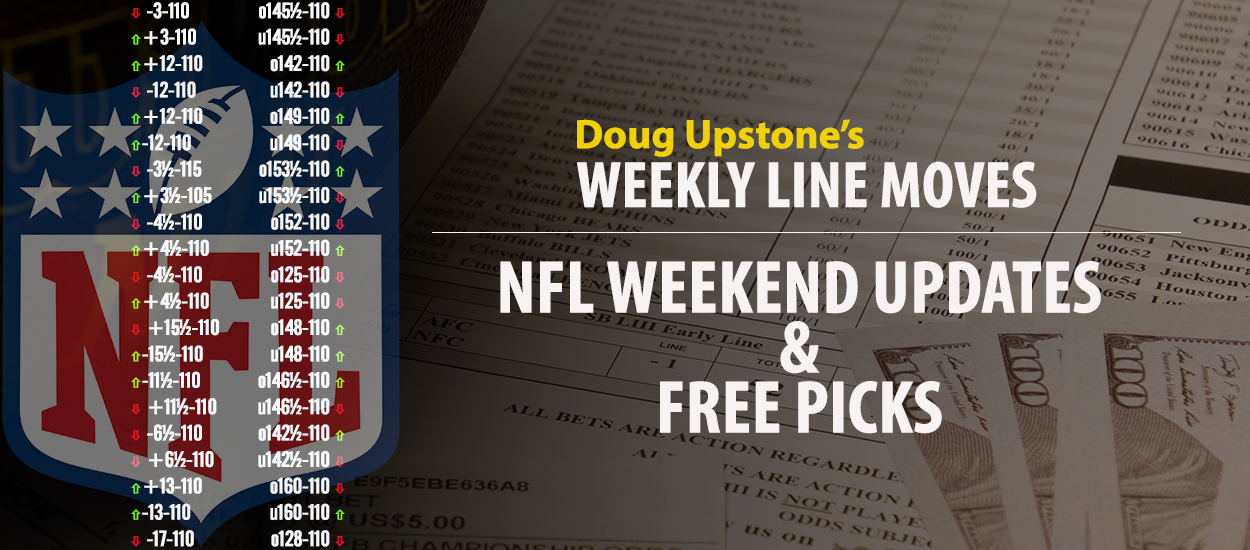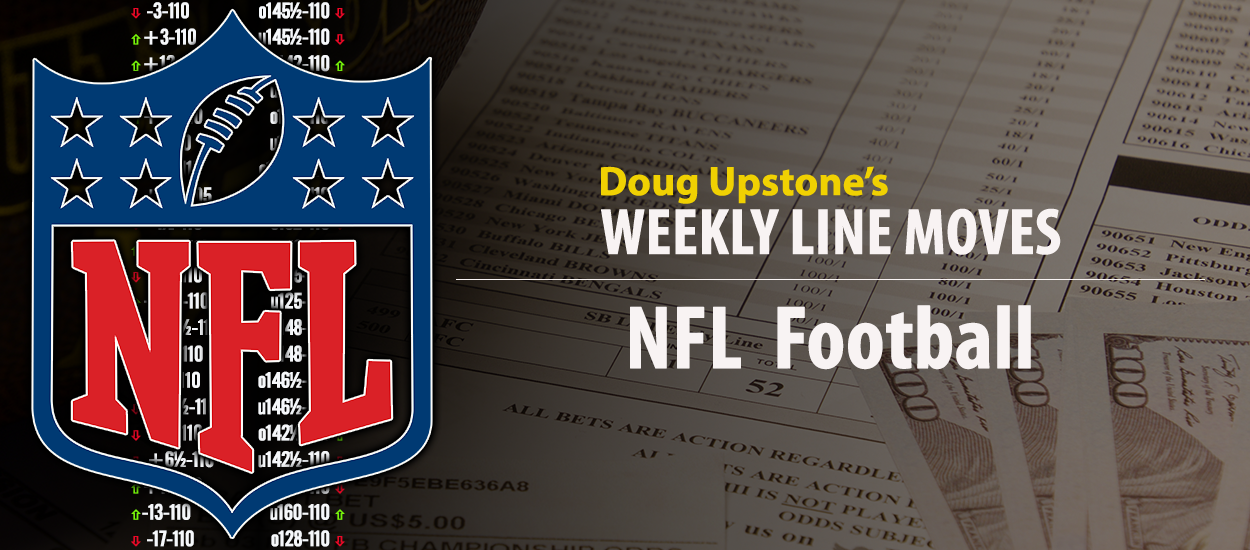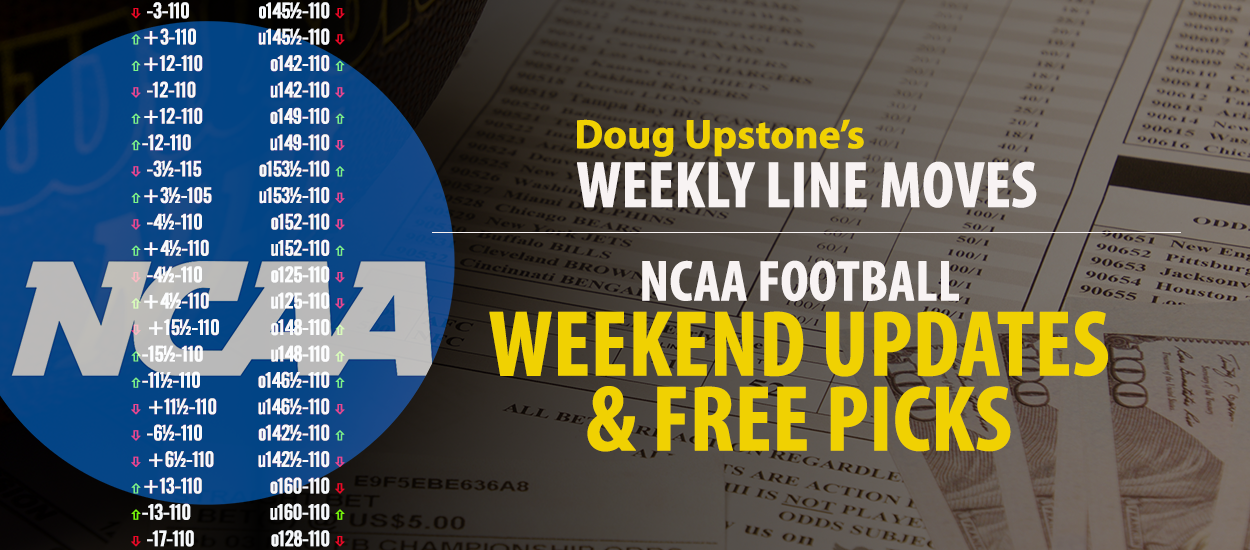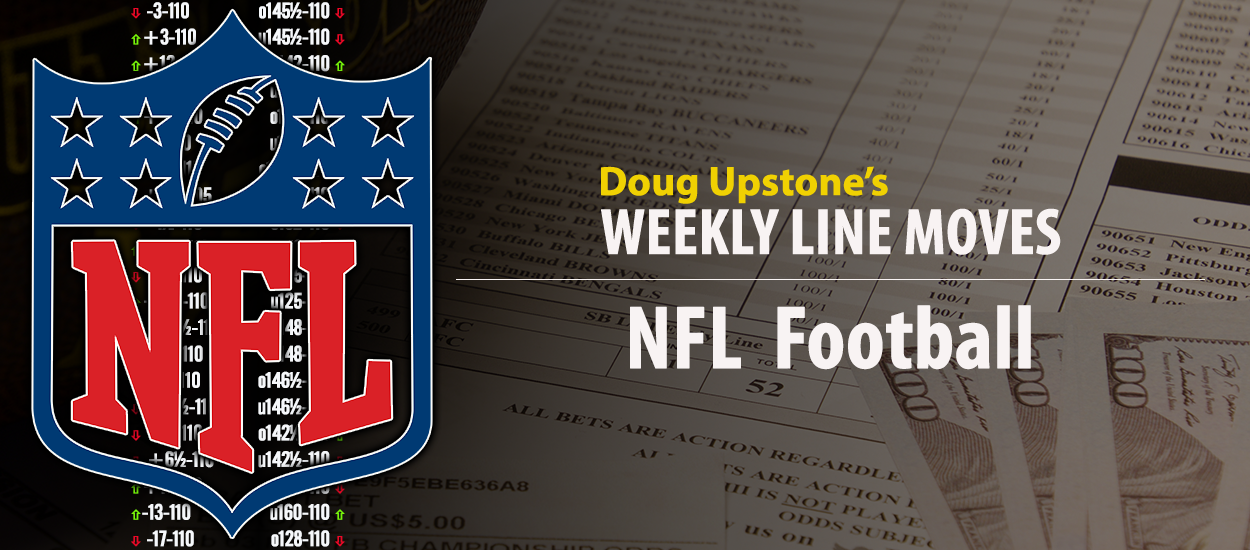A report released last week said that New Jersey lawmakers are considering changing their underage gambling law so that anyone under 21 caught gambling would be subject to a fine rather than facing a criminal charge, and any adult helping an underage person gamble would also be subject to a fine rather than a felony. The decision to at least look into changing the law is an acknowledgement that for something which has become so mainstream in the U.S. it would be unfair to ruin a young person’s life by giving them a criminal record for what is basically an error in judgement.  The proposed fines would be $500 for a first offense, $1,000 for a second offense and $2,000 for subsequent offenses. The money would be used for prevention, education, and treatment programs for compulsive gambling, such as those provided by the Council on Compulsive Gambling of New Jersey.
The proposed fines would be $500 for a first offense, $1,000 for a second offense and $2,000 for subsequent offenses. The money would be used for prevention, education, and treatment programs for compulsive gambling, such as those provided by the Council on Compulsive Gambling of New Jersey.
Don Guardian, a New Jersey Assemblyman, told reporters that he had reservations about supporting the bill, but he changed his stance when he realized the money would go to problem gambling treatment programs. The bill was approved by the Assembly Committee, which launched the initiative, and will go to the full Assembly in 2025 for a vote. It must be approved by both legislative Houses and, if approved, would go to Governor Phil Murphy to sign into law. If that happens, it would be the first law that changes the gambling rules in New Jersey since Governor Chris Christie singed a bill legalizing sports betting in 2014.
Most people who gamble will recall their younger days when they bet with friends in high school on football games, had partaken in squares or pools run by someone in their school or office while they were working as an intern, and for many they will recall gambling with a bookie, who they knew from a friend or a friend of a friend. It was just done hush-hush and if it became known, often the parents would step in and warn the teen of the dangers of gambling and the importance of waiting until they were of legal age. Of course, if the teen had a “cool parent,” the parent may have given them tips on who to wager on. The Simpsons episode titled “Lisa the Greek”, where Lisa, in an attempt to get closer to her father, studies the stats and gives Homer tips on who to wager on with Moe the Bartender for weekly NFL games. This was pretty much a normal occurrence in North America and elsewhere. Moreover, age restrictions are always avoidable if there is a will.
University students from Southern California are known to cross the border into Acapulco on weekends to consume alcohol where the legal age is 18 and similarly students from New York, Michigan or other northern states are known to cross into Canada to drink alcohol or smoke pot where the legal age to do so is 19. And teens from the U.S. can always be spotted at Canadian or Mexican casinos on weekends or during the summer break.
That said, this was all done live in person at casinos or over the phone with bookies, but naturally things changed when gambling started up on the Internet in the mid-1990s. The ability to spot underage gambling online is much harder online than in person, and there was very little done in the areas of age verification in the early days of the Internet when sketchy sites like Ace’s Gold or Rich’s Sportsbook started taking wagers. That was the main stated reason that John Kyl in 1997 introduced the Internet Gambling Prohibition Act arguing that a minor could “steal their parent’s credit card, click the mouse and lose the house.” Kyl’s bill eventually went through multiple revisions and ultimately got passed in 2006 as the UIGEA, although that bill went after payment processors for processing illegal gambling transactions and there was nothing in the bill that dealt with underage gambling. Nevertheless, the rhetoric that came from all the bills leading up to the UIGEA made it clear to any company involved in gambling or any country which legalized it, that they had to have rules related to underage betting as well as problem gambling. Every jurisdiction including the UK, Malta, Isle of Man, Antigua, Kahnawake, etc. implemented rules forcing gambling sites to have something in place to address problem and underage gambling in order to get a license. And often the jurisdictions would put in sting-type operations to ensure that sportsbooks identified and blocked underage and problem gambling.
Things changed in 2011 when four states adapted online casino gambling after the DOJ issued their initial opinion that the Wire Act only applied to sports betting and especially in 2018 when sports betting was legalized and states started licensing sports betting operations in droves, many offering it online as well. As of today, 80% of U.S. states have licensed and regulated sports betting. Every state has their own set of rules related to taxes, types of sports bets that are legal, and whether the bets can be made online, in person only, or both, but every state has similar rules requiring books to do their utmost to identify and block underage and problem gambling. The biggest concern in that regard is that there is no concrete definition of what constitutes underage gambling in the U.S.
In most states the legal gambling age is 21 but in Idaho, Minnesota, Montana, Oklahoma, and Washington the minimum gambling age is 18. And in some states, there are different minimum ages for casinos, poker, lottery and/or horse racing. There are also states where Tribal casinos have a lower gambling age than commercial casinos, provided the Tribal casinos don’t allow alcohol to be served. As it stands, none of the states with a gambling age of 18 have legal online casino or sports betting, but some of the states including Minnesota, Montana and Oklahoma have bills on the table to legalize it.  If that comes to fruition it could cause massive headaches for sportsbooks who need to ensure that someone who is 18 and lives in Michigan where the legal age is 21 is unable to go to neighboring Minnesota and place bets online. The law allows an 18-year-old from Michigan to gamble in person at a Minnesota Tribal Casino or at the Racino at Canterbury Park, but since the commerce act requires that anything that is legal in two states, is automatically legal between those states, and that is an issue.
If that comes to fruition it could cause massive headaches for sportsbooks who need to ensure that someone who is 18 and lives in Michigan where the legal age is 21 is unable to go to neighboring Minnesota and place bets online. The law allows an 18-year-old from Michigan to gamble in person at a Minnesota Tribal Casino or at the Racino at Canterbury Park, but since the commerce act requires that anything that is legal in two states, is automatically legal between those states, and that is an issue.
Every online sportsbook has a one-account system where anyone can use their account set up in one state to gamble online in another state, where it’s legal. The system is easy to enforce to ensure that no one with a FanDuel account in New Jersey can play online casinos where it’s illegal in New York, but it would be much harder to enforce an age restriction if the two states had different legal gambling ages. Consider this scenario, Michigan and Minnesota legalize online sports betting with the same current age restrictions of 18 in Minnesota and 21 in Michigan. A Minnesota 18-year-old sets up their DraftKings account and goes to Michigan on vacation or for university. He technically is unable to bet in Michigan because he is underage but there’s really no way to prevent him to sign in with his DraftKings account and bet in Michigan since they have a one-account system. DraftKings would have to go out of their way to make sure that the bets are being placed from an IP address based in Minnesota which could be impossible with sophisticated VPN spoofers.
I spoke to a manager at a large sportsbook and casino at a conference recently and he said that different rules in different jurisdictions are the one thing that drives them crazy.
“We operate in the UK, U.S., Canada, most EU countries, Australia, New Zealand and parts of Asia and we have operations under a different operating name elsewhere. And the difference in legal age definitions is very frustrating. The U.S. gambling age is anywhere from 18 to 21 depending on the state, Canada is 19, the EU countries range from 18 to 25, Australia is 18, New Zealand is 20, most of Asia is 21 if it’s legal there at all and the list goes on. It makes it nearly impossible to create a concrete set of rules aimed at preventing betting by minors when those tasked with the job must have the age rules of every country in front of them. Make no mistake, I believe every legitimate company in the gambling sector wants to make sure that minors don’t bet. If we allow bets from people who are not of legal gambling age we face lawsuits, requirements to refund the bets made by those underage, and worst, the possibility of losing our license.”
I asked him what he believed the legal age should be and he said that wasn’t his decision, although he did say that he felt the age of majority should apply for all addictive products equally, including gambling, alcohol, tobacco and cannabis, and in his view it’s illogical to allow someone to buy cigarettes or marijuana at 18 but say that alcohol and gambling have a 3 year higher age restriction because they somehow are more addictive, since studies have shown no such thing. He also said it is illogical to infer that a Brit has the same maturity at 18 that a Canadian has at 19 and a U.S. citizen has at 21. “British teens are no more wealthy or cognizant than American or New Zealand teens are.,” he told me. He did say in the end it’s all about the attitudes of lawmakers and the public and the U.S. still has a very puritan way of thinking compared to the more liberal viewpoints of the UK or Canada. And in France there is no age limit for serving or drinking alcohol so long as the minor is under parental supervision, while the gambling age is a hard coded 18 years of age, something he said makes no sense.
I reached out to him this week to see if New Jersey’s rule that would limit the punishment for anyone aiding in helping a minor gamble would ease his mind about his company facing stiff penalties for violating New Jersey’s rule but I received no response as of this writing.
So, if New Jersey’s bill passes it will provide a sigh of relief for anyone under the age of 21 who is caught gambling knowing they won’t face the risk of losing their admission to Princeton or Rutgers (something which is a distinct possibility today since students can have admissions revoked for a criminal charge), as well as to adults or companies who help an underage person gamble realizing they only face a fine. Obviously, the best thing would be for anyone under 21 to simply not gamble, but this is the real world and with sportsbooks and online casinos advertising ad nauseum, and with students often looking for a quick way to help pay their tuition, many will gamble. That’s just the reality.
The question is should a teen’s life be ruined because of that decision?
It seems clear that New Jersey doesn’t believe they should and hopefully other states will come to their senses too and simply change the penalty for underage gambling to a fine and not a decision that will impact the teen’s future.
Read articles on sports betting and the North American gambling industry from Hartley Henderson here at GamblersWORLD.

